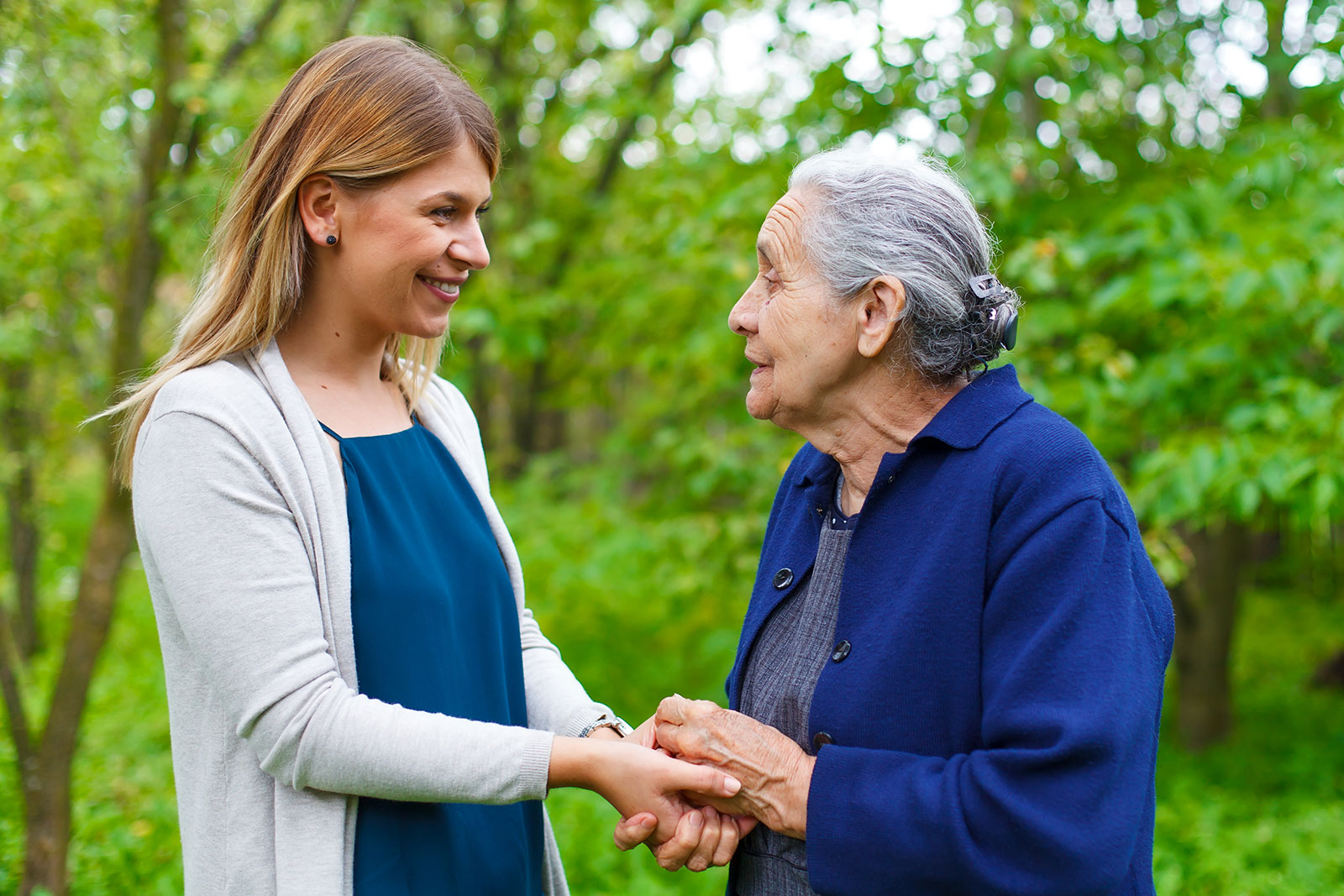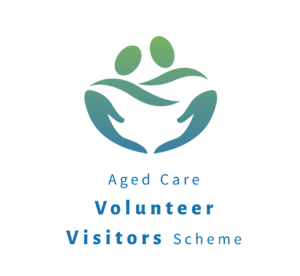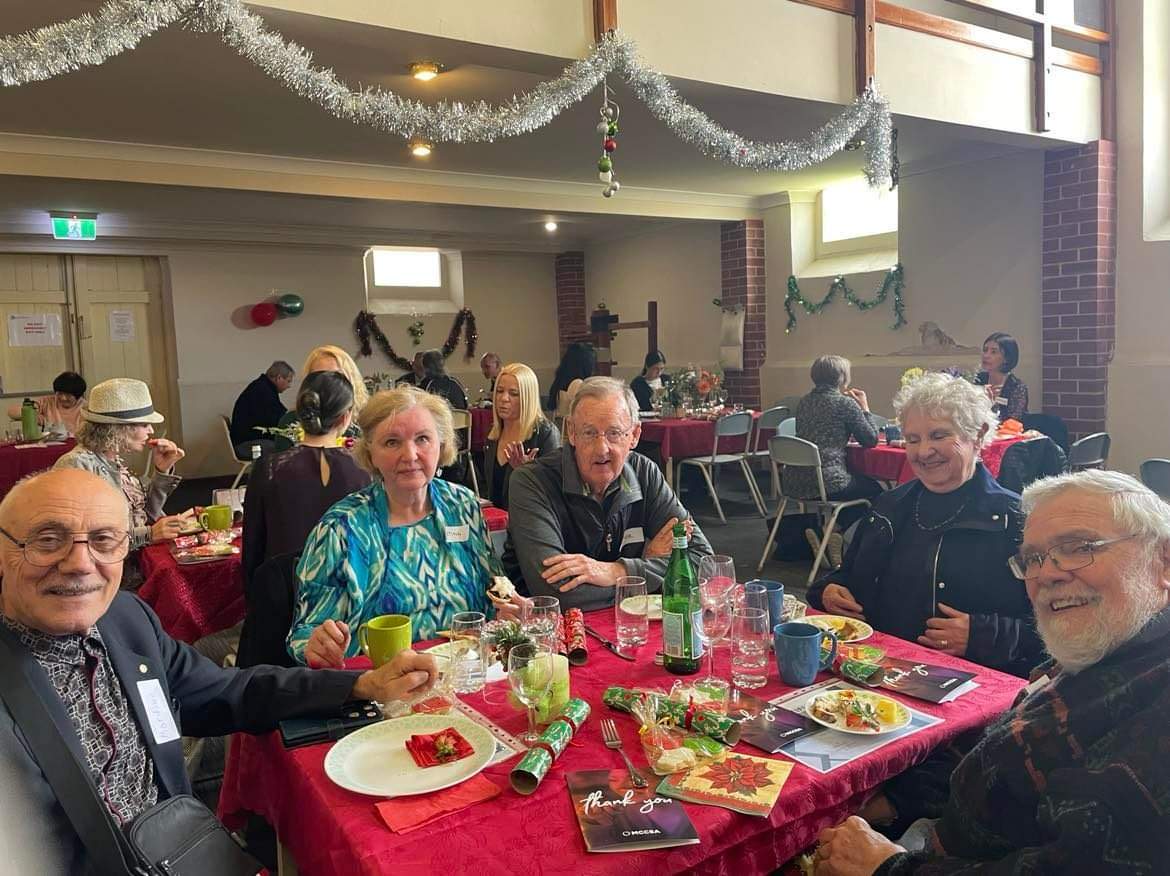

History of the Aged Care Volunteer Visitors Scheme
The Multicultural Communities Council of South Australia (MCCSA) Community Visitor Scheme (CVS) is funded by the Federal Department of Health.
MCCSA was established in August 1995 by the amalgamation of the former Ethnic Communities Council of SA (established in 1975) and the United Ethnic Communities of SA (established in 1980). In 1989 the Aged Care Working Party identified that some culturally and linguistically diverse residents in nursing homes needed socialisation and were very isolated. The Ethnic Communities Council of SA was funded for a trial and this became the first Community Visitors Scheme.
The Aged Care Volunteer Visitors scheme is a remarkable scheme which brings warmth to the lives of our senior citizens living in aged care facilities (nursing homes) or at home who speak languages other than English. Our ACVVS volunteers visit residents at least twice a month and through these visits help to reduce their loneliness and isolation.
Additionally, when face to face visits are not possible, they stay connected with the residents through post cards, email, phone or video calls thus ensuring that they maintain the connection and support to our residents
For people who have few or no family members in South Australia and/ or whose friends may have passed away or are unable to travel these visits can make a positive difference in their wellbeing, improve quality of life and help older people feel less isolated. Some of the residents, our wonderful volunteers visit are in residential facilities where no-one else speaks their language. At times if something is wrong with their resident, our visitor’s feedback can be very important for the wellbeing of the person they are visiting. Their visits can also help reduce the helplessness that people feel when no-one understands what they are trying to say.
The ACVVS is a free service that aims to provide friendship and companionship to older people and help develop social connections. These visits include some of the following activities.
- Talking about their home country in their language
- Sharing stories of their family and past and current life
- Listening to their home country’s music
- Reading their community newsletter together
- Watching TV or movies together
- Having a coffee or tea
- Helping with craft activities
- Going for a walk around the facility or to a park
- Cooking and sharing some of their country’s food
- Playing cards, dominoes or other board games

Who our Volunteer Visitors are
The majority of our volunteer visitors speak at least one other language other than English and most of them were born outside of Australia. The languages currently spoken by our volunteers are: Italian, Greek, Polish, German, French, Serbian, Croatian, Russian, Spanish, Dutch, Farsi, Arabic, Dari, Danish, Romanian, Ukrainian, Swahili, Vietnamese, Filipino, Indonesian, Macedonian, Lithuanian, Hindi, Maltese, Mandarin and Cantonese.
The languages we need continually change depending on the needs of those in residential care or home visits.
At present we need volunteers who speak Italian, Greek, Serbian, Croatian, German, French, Polish, Hungarian, Bosnian, Maltese, Lithuanian, Turkish, Vietnamese, Russian, and Persian.
If you speak one of the above languages and would like to volunteer, please contact Maggie Asaad on 08-82134604 or email at [email protected]
MCCSA’s Volunteer Visitors are aged from 18 to 80 years, come from a variety of ethnic backgrounds and all walks of life. They include
- Retired people
- Job seekers
- Working people
What Skills Do Visitors Need?
There is no quick answer to this question because every person who needs a visitor is different and has different needs. If they are visiting someone who does not speak English they need to be able to speak that person’s language. It’s really more a question of what ‘qualities’ are helpful. The most important qualities of Community Visitors are their Commitment and reliability, kindness, generosity, compassion, Ability to focus on another’s needs, Ability to accept responsibility for the growth of the relationship
Becoming a Volunteer Visitor
Once you have an overview of what being a Volunteer Visitor is all about the next step is to contact us via email or phone call. The Coordinator will contact you to make an interview time.
Interview and orientation session generally take an hour and are conducted in an informal and relaxed way.
At the interview you will have an opportunity to ask further questions about being a Volunteer Visitor. The Coordinator will learn about your background, personality, abilities and interests so your suitability for visiting different residents can be ascertained.
If there is mutual agreement to proceed with becoming a Volunteer Visitor then the necessary paper work is signed (police check, NDIS Check and agreement about the commitment and responsibilities of being a volunteer visitor).
We may have a resident who has already requested a volunteer visitor and you may be matched with them immediately or you may have to wait to be matched.
The Coordinator aims to find visitors for people who have the most urgent needs first. If a number of volunteers start at the same time interviews, inductions and matching with residents may have to be prioritized.
Community Visitors Scheme becomes Aged Care Volunteer Visitors Scheme
The CVS expanded and on 1 July 2023 was renamed to the Aged Care Volunteer Visitors Scheme (ACVVS) in response to the Royal Commission into Aged Care Quality and Safety Recommendation 44c.
The ACVVS will continue to provide friendship and companionship to lonely and isolated senior Australians to improve their quality of life and social connections.
If you would like to make use of our service and have a volunteer visit, please call 08-83455266 to speak to Florine or Luis. Alternately, you can email them at: [email protected] or [email protected]
Or if you wish join our team of volunteers, please call our Volunteer Visitor Coordinator, Maggie Asaad on 8213 4604 or email at [email protected]
We would love to hear from you ????
The Aged Care Volunteer Visitors Scheme is funded by the Australian Federal Government

